The Rio Marié project is the first government sanctioned fishing operation in Brazil developed as a joint venture between a private enterprise and an Indigenous Association. The joint development between Untamed Angling and the FOIRN/ACIBRN Indigenous Associations holds a strong social and environmental commitment, sharing benefits and activities with the indigenous peoples and running a conservancy program, making it highly sustainable.
Involving Local Communities
The project is set up as a fly fishing destination with heavy involvement of 14 indigenous tribes in the area, creating a firm responsibility to social integrity. The main goal of this project is to create, through fly fishing tourism, opportunities of high sustainability and economy for the indigenous tribes, while protecting their territory and preserving their culture.
Environmental Stewardship
Untamed Angling promotes responsible management of solid waste, not only by owning the most modern vessel, with clean energy generation that exceeds all the environmental requirements necessary to the area. The company in cooperation with the Brazilian Environment Institute (IBAMA) conducts numerous biological studies in the region to control the environmental impact of the activity. The main goal of this research is to better manage these wild and remote fisheries, their fish stock, and provide necessary information to take care of such extensive rivers. Rio Marié is the very first peacock bass destination where all speckled species (Cichla Temensis) will be permanently monitored, making us premier stewards for our fishery.
Working with Legal Authorities
We work as partners with the Lower Río Negro Association of Indigenous Communities (ACIBRN) who represent 14 communities of the area and the Río Negro Federation of Indigenous Organizations (FOIRN).
The project is constantly audited by the Brazilian Institute for the Environment (IBAMA) and the Brazil National indigenous Foundation (FUNAI), both Brazilian Government Institutions, as well as contributions since the beginning of the Socio-Environmental Institute (ISA), one of the most recognized NGO in Brazil in defense of indigenous peoples.

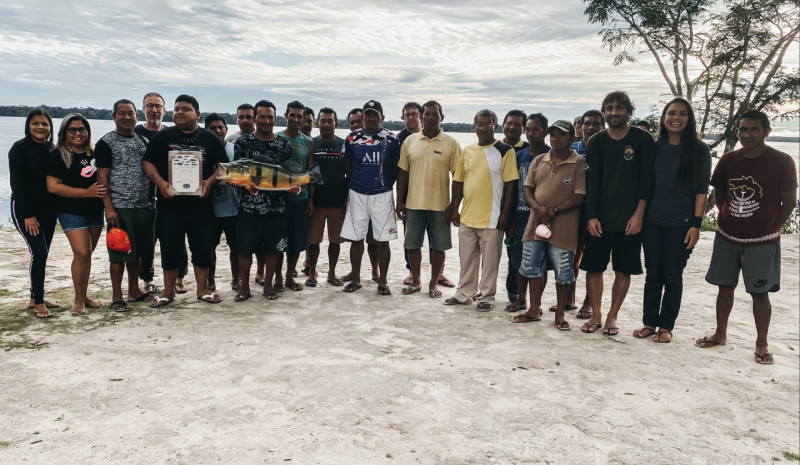
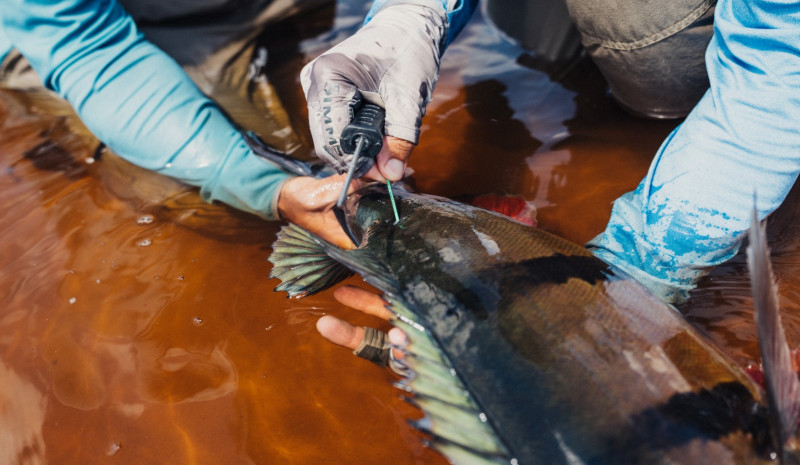
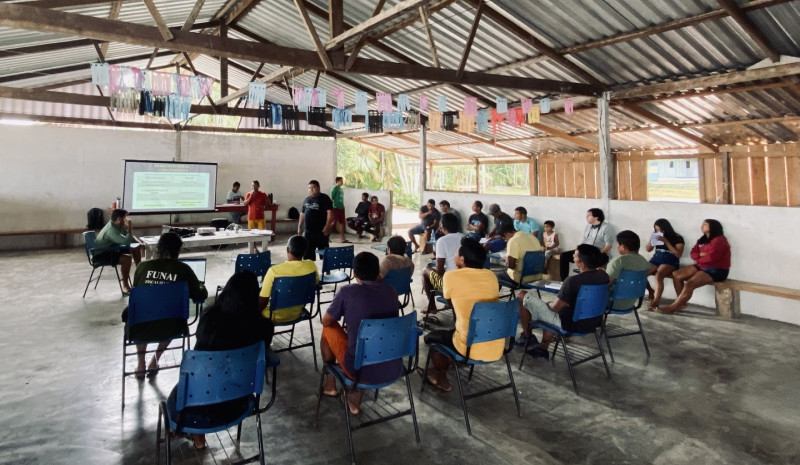
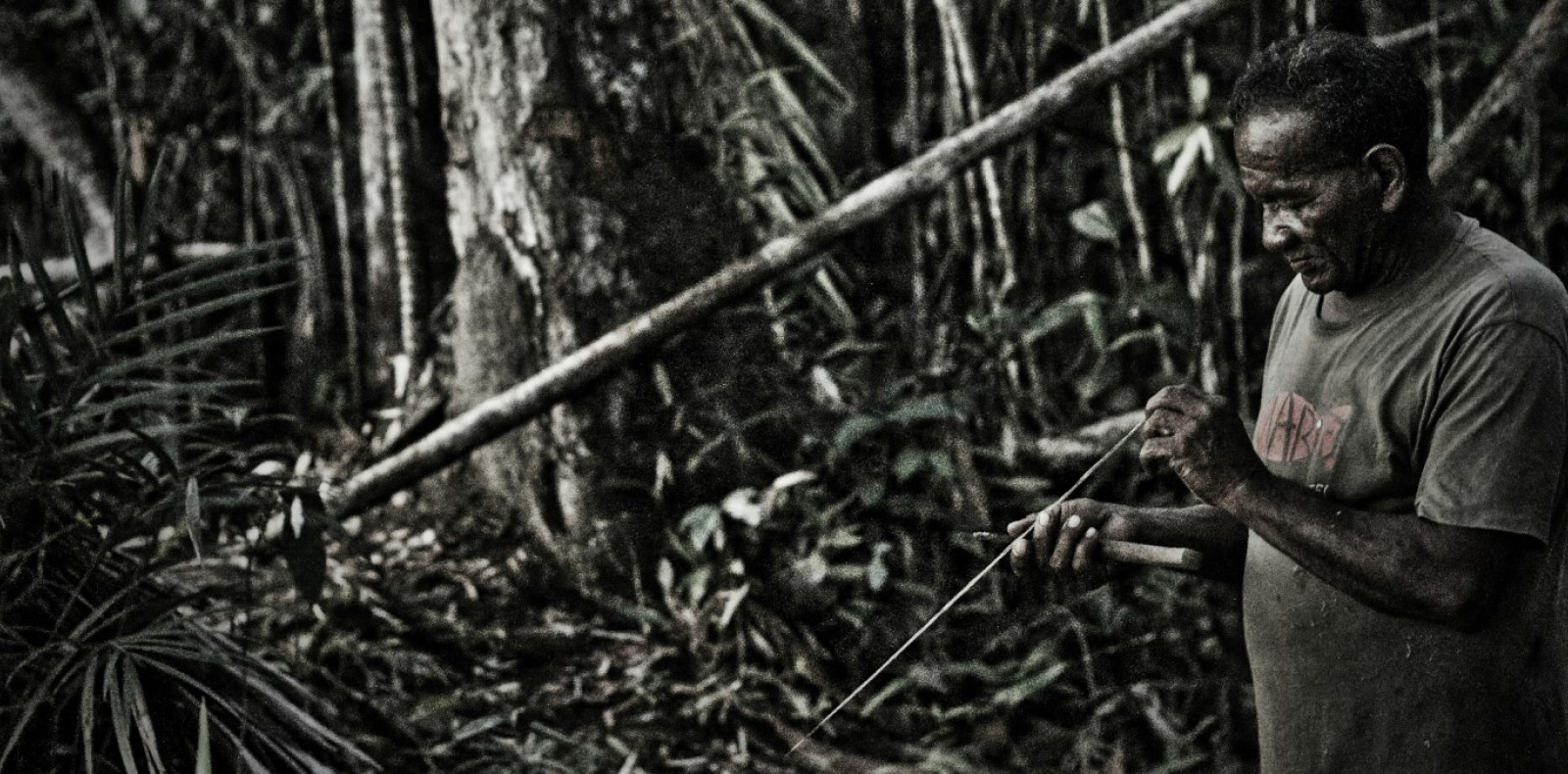
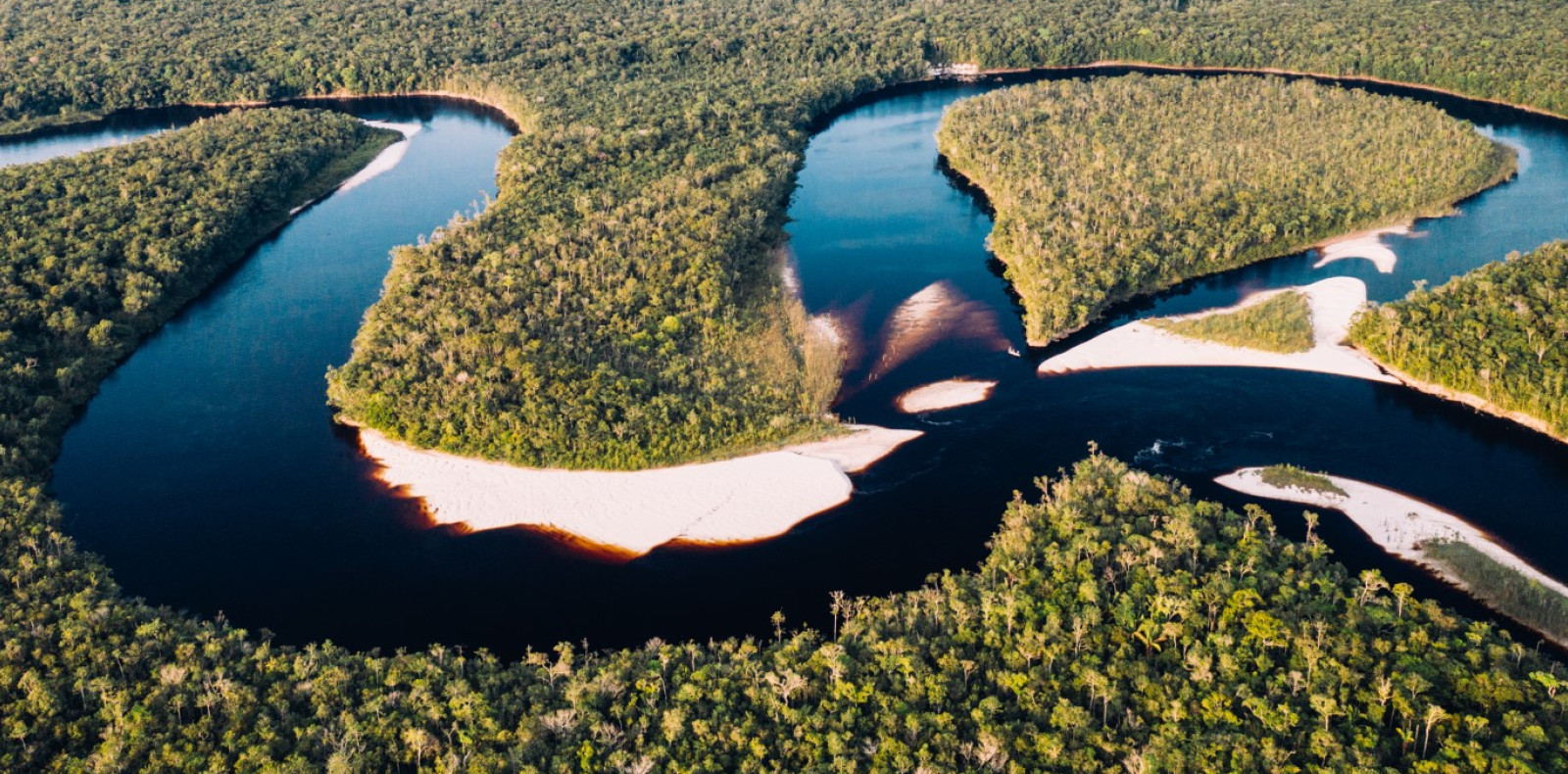

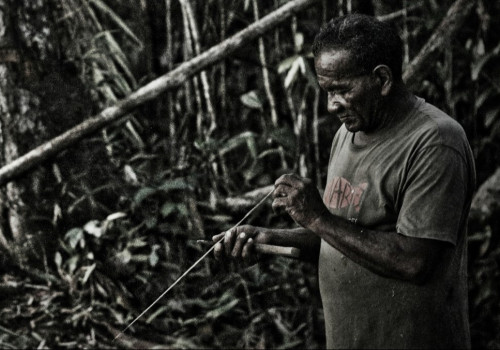
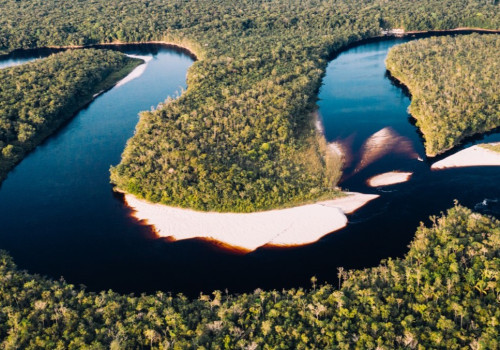

 riomarieflyfish
riomarieflyfish